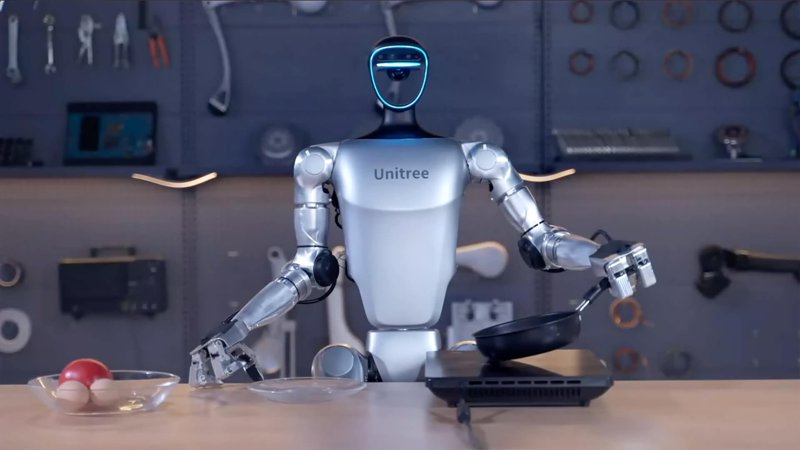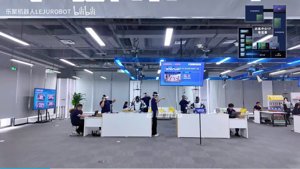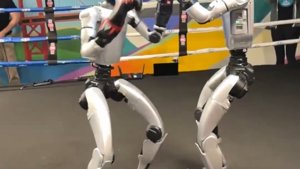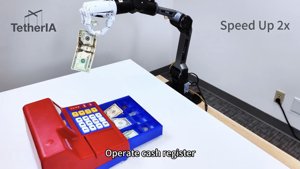The Origin Story: From Broke Grad Student to Robot Empire
Picture this: 2016, Wang Xingxing is a penniless graduate student subsisting on instant noodles and ambition. He constructs a rudimentary robotic dog in his dormitory and christens it “XDog” – evidently originality wasn’t in the budget. The footage appears on Bilibili and spreads with remarkable velocity. Comments flood in: “Charming, but could it undercut Boston Dynamics by 90%?” Challenge unequivocally accepted.
Wang established Unitree shortly thereafter with minimal capital and a voucher for instant noodles. His mission: “Create robots more affordable than your mother’s mobile phone.” While Boston Dynamics demanded £56,000 for Spot as if it were a luxury fashion accessory, Unitree unveiled the Go1 at a mere £2,000. Venture capitalists initially scoffed, until Meituan approached with substantial funding. Alibaba and Tencent swiftly followed suit, transforming the situation into a national investment frenzy.
The Vertical Integration Masterclass
Here’s where the narrative intensifies: Unitree opted to develop everything in-house – motors, controllers, LiDAR, down to the very fasteners. While Boston Dynamics awaited supplier quotations, Unitree was already dispatching their third iteration. They captured 60% of the global market share in quadrupedal robots, essentially becoming the wholesale warehouse of mechanical canines. They achieved profitability in 2020 with revenue of 1 billion RMB, though Wang reportedly still consumes instant noodles as a matter of principle.
The Humanoid Pivot: Because Legs Are So 2023
Unitree determined that four legs were passé and augmented their chassis with arms. The H1 humanoid achieves speeds of 7 mph, establishing a world record and disrupting fitness tracking platforms. Subsequently, they released the G1 at £12,000 whilst Elon’s Optimus remains in conceptual development. Today they command 70% market share while Spot has been relegated to promotional appearances at industry exhibitions.
The IPO Power Move
The company filed for a £5.3B IPO on the STAR Market while Boston Dynamics remains in perpetual development. Their prospectus candidly states: “We leverage economic constraints for data acquisition.” The strategy? Saturate the global market with affordable robots, collect every operational mishap, and integrate this extensive dataset into their UnifoLM world model. Shortly thereafter, the system autonomously produces a lecture titled “The Occasional Bipedal Locomotion of Humans: An Analysis.”
Current Market Domination
Presently, Boston Dynamics’ junior staff members approach Unitree exhibition stands with remarkable deference, imploring for employment opportunities and offering excessive adulation. Human Resources provides them with a Go2 manual, the final page bearing traces of noodle broth and a postscript: “Inform your Boston superiors that their only leadership position is within our revision history.”
Verdict
Unitree Robotics evolved from university dormitory enterprise to global industry leader by implementing what Silicon Valley overlooked: creating products at accessible price points. Wang Xingxing transformed economic constraints into competitive advantages and budget cuisine into a billion-pound enterprise.
Our assessment: This exemplifies the confluence of Chinese manufacturing efficiency with the audacity to directly challenge established industry titans. Unitree hasn’t merely disrupted the market – they’ve fundamentally reconstructed it. For those not monitoring this company’s trajectory, you’re overlooking perhaps the most remarkable underdog narrative in robotics history.






